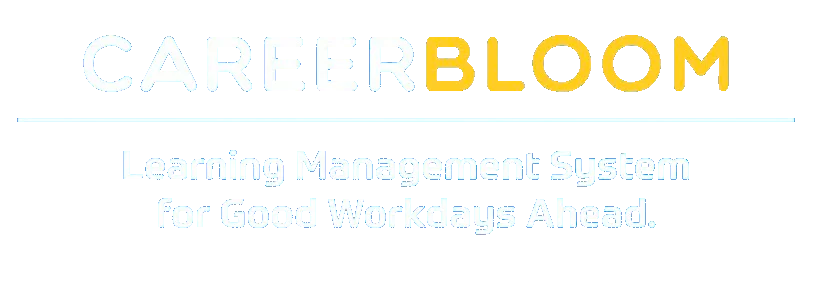You are so ready for your interview. Days of practicing answers, researching the company, choosing your outfit. You could not be more ready! But have you thought about the most important question?
“So, do you have any questions for me?”
Don’t miss this golden opportunity. Make sure you ask these four questions at the end of your interview. They’ll provide a great final impression and subtly draw out the information you really want to know.
How would you describe a person who’s successful at this job? What are they doing specifically that makes them stand out?
What this says to the interviewer
This applicant wants to be more than an average employee who can do the job well. They want to be exceptional. This person has leadership potential.
What you can learn from the answer
This question shifts the conversation away from what you’re doing day-to-day and focuses on the outcomes the company wants from your work. That gives you real insight into what it takes to succeed. The interviewer may also share what personality traits they view as important. If they describe a friendly, team-oriented person and you’re an introvert, you may not be the best fit.
Even if you perform the job well, they may not think of you as an up-and-coming employee.
Is there anything I've said that makes you doubt I would be a great fit?
Do you have any hesitations about my qualifications?
What this says to the interviewer
This applicant isn’t afraid of constructive criticism. It’s also a brave question, which shows maturity and confidence. Even if they’re not a perfect fit, these qualities could make up for any lack of specific skills.
What you can learn from the answer
The interviewer may not always show his/her cards, but if they do, you’ll have an opportunity to directly address their primary concerns on the spot. You could also follow up in a thank you email with further evidence to ease any remaining doubts.
Can you tell me a little bit about my supervisor and the team or department
I’ll be working with?
What this says to the interviewer
This applicant is already envisioning themselves in the job, which means they’re highly interested in the position. They also understand the importance of interpersonal relationships in the workplace. Soft skills like these are just as important to hiring managers, especially for entry-level positions.
What you can learn from the answer
If the interviewer is candid, you can get some critical insights about whether you’ll enjoy your new job and feel comfortable within their company culture. For example, they might say it’s generally quiet, with everyone working independently with headphones. If you need more stimulation to keep you motivated, this could be a red flag. That’s something that might not come up during the interview unless you specifically ask.
What are the next steps? When should I expect to hear back from you?
What this says to the interviewer
After learning more about the company and position, this applicant is very interested in working here. They seem enthusiastic about the opportunity and ready to move forward.
What you can learn from the answer
You can learn a few things from this answer – how organized the company is, whether they seem genuinely interested in moving forward with your application, and if you need to do anything.
For example, they might explain that they need to call references, so you can give them a heads up.
Or they might ask that you keep some availability open for a second interview.
--
By asking questions that show confidence, interpersonal skills, and enthusiasm for the job, you’ll wrap up your interview with a strong close that’s sure to impress. Add these four to your repertoire and you’ll also know if this job is right for you.



